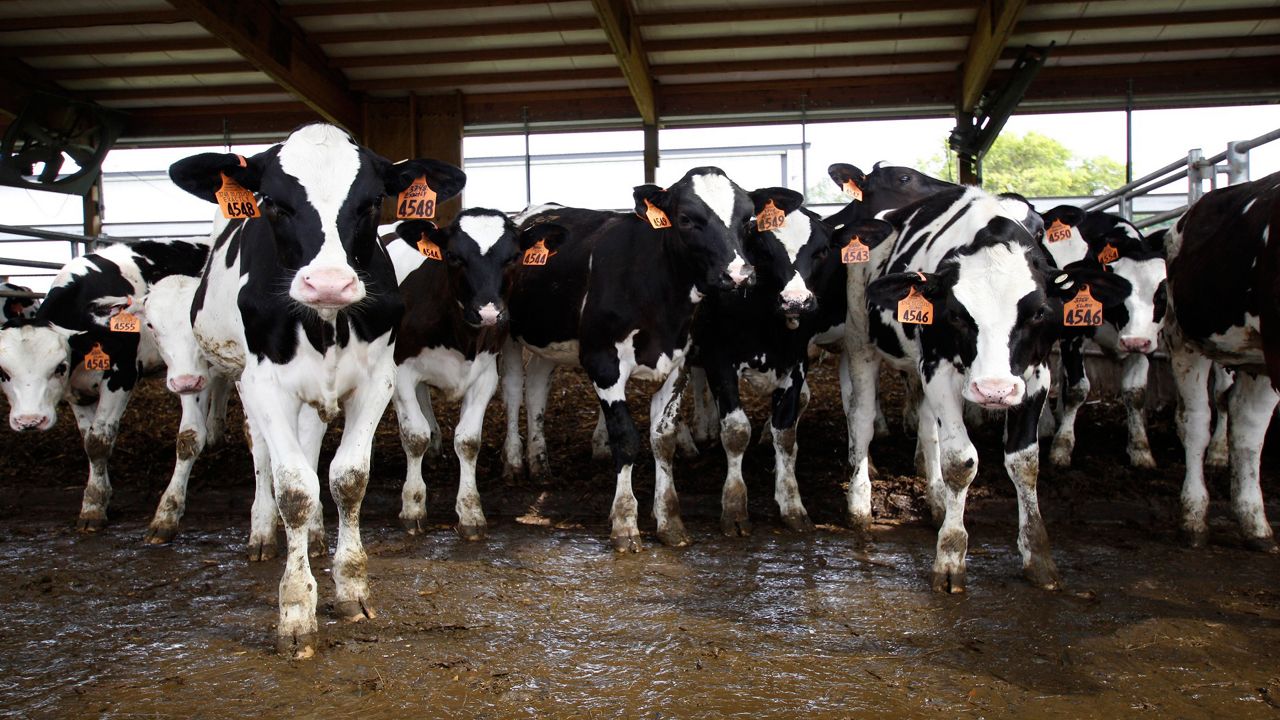New York farmers this year are seeking immigration reforms, improved trade policies and having a seat at the table in shaping climate change policy. The pandemic, meanwhile, remains an ever-present challenge.
The New York Farm Bureau this week released its agenda for the new year, covering a range of issues that, broadly, are also among the hot-button issues in American politics and policy.
The farm bureau wants broader immigration reforms and is generally supportive of President Joe Biden's immigration plan that would provide a framework for citizenship for those currently living in the U.S. to gain permanent resident status. But the measure needs to go further and address long-term needs of seasonal and year-round farms.
The COVID-19 pandemic has created an economic recession and challenges for businesses across all sectors. The Farm Bureau's agenda includes a push for including agriculture workers in vaccine distribution in New York state and remains concerned about bolstering the chain of supply in the industry, which had been disrupted by the crisis.
“We are making this a priority to expand programs that provide resources and address mental health challenges and opioid addiction in rural communities," said Farm Bureau President David Fisher. "Also, we support policies and legislation that provide stress assistance programs to farmers and increase farmer-facing training opportunities. We must work to increase awareness and reduce the stigma of rural mental health issues."
Farms in New York have struggled for a generation amid the whims of the market and consolidation, but the state remains among the top agriculture producing states for products like dairy and apples.
The new Biden administration is also bringing a different approach on trade policy, and farms want to ensure their products will still be sold in large foreign markets, including China, said Lauren Williams, the group's director of public policy and national affairs.
There is much potential around the world for our farmers to sell the quality goods that they produce,” she said.








